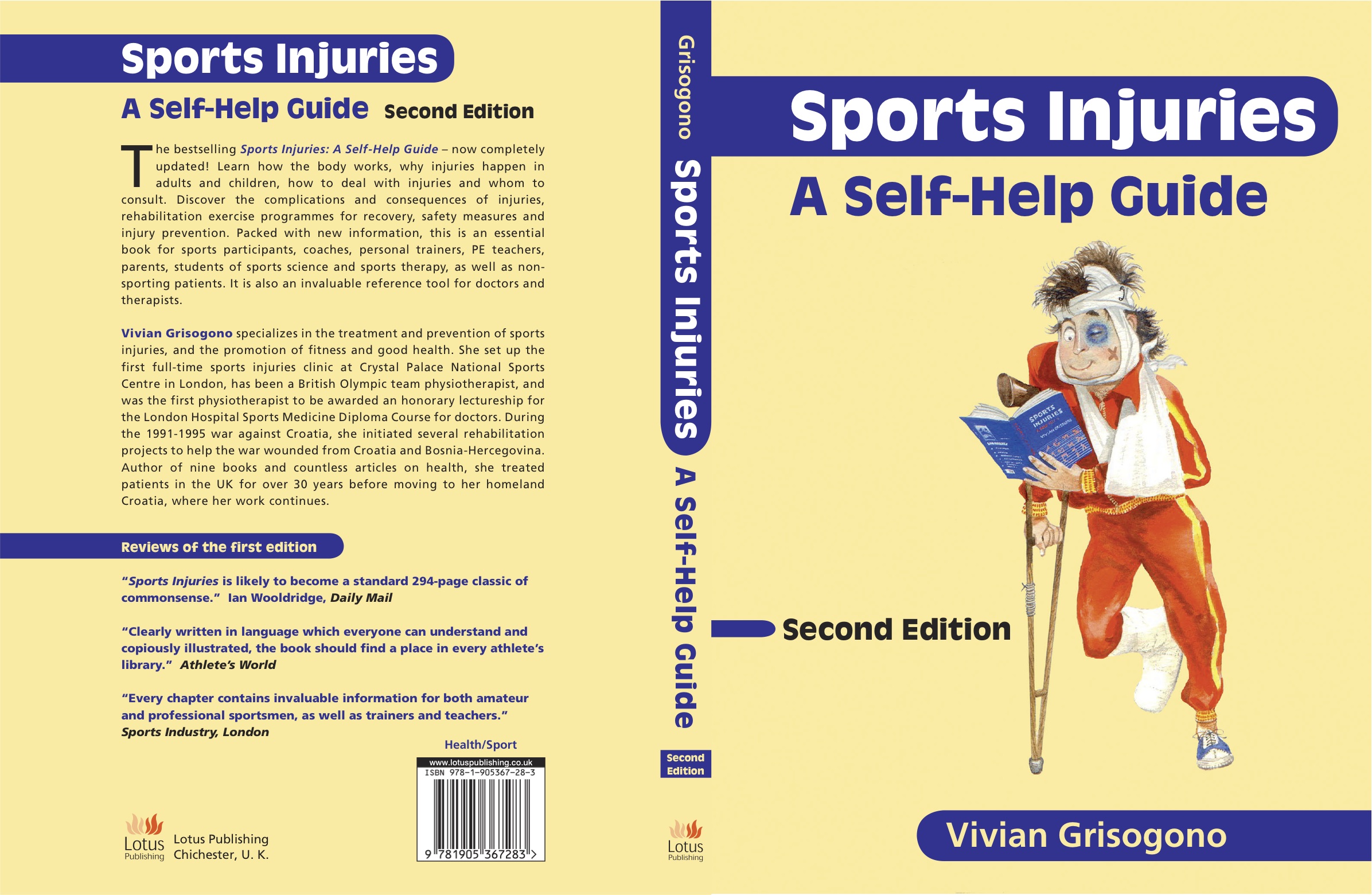When not to play or train:
1. Don’t play or train if you feel unwell or over-tired
2. Don’t play if you have a headache or stomach upset
3. Don’t play if you have any kind of infection
4. Don’t play if you are taking antibiotics for any reason
5. Don’t play when you’re injured or have a pain
1. Don’t play or train if you feel unwell or over-tired
2. Don’t play if you have a headache or stomach upset
3. Don’t play if you have any kind of infection
4. Don’t play if you are taking antibiotics for any reason
5. Don’t play when you’re injured or have a pain
Playing and training:
1. Don’t play on consecutive days, except for matches
2. Don’t practise a single shot intensively for long periods
3. Play left-handed now and then during practice if possible
4. Do background body conditioning / protective exercises
5. Do a balanced progressive fitness training programme
6. Don’t make sudden changes to your programme without allowing time to adjust
7. Change technique with care, according to your physical abilities
8. Always shower and change immediately after any hard session
1. Don’t play on consecutive days, except for matches
2. Don’t practise a single shot intensively for long periods
3. Play left-handed now and then during practice if possible
4. Do background body conditioning / protective exercises
5. Do a balanced progressive fitness training programme
6. Don’t make sudden changes to your programme without allowing time to adjust
7. Change technique with care, according to your physical abilities
8. Always shower and change immediately after any hard session
Racket:
1. Your racket should be the right size
2. It should not be too heavy
3. It should be well-balanced, not head-heavy
4. Your hand(s) should fit comfortably round the handle
5. The strings should be relatively loose, not too tightly strung
6. Allow time to adjust gradually to any changes involving your racket
1. Your racket should be the right size
2. It should not be too heavy
3. It should be well-balanced, not head-heavy
4. Your hand(s) should fit comfortably round the handle
5. The strings should be relatively loose, not too tightly strung
6. Allow time to adjust gradually to any changes involving your racket
Shoes:
1. Your shoes should be comfortable
2. They should not be too wide or too narrow
3. They should be flexible from the heel area forwards
4. The heel of the shoe should not extend into the midfoot
1. Your shoes should be comfortable
2. They should not be too wide or too narrow
3. They should be flexible from the heel area forwards
4. The heel of the shoe should not extend into the midfoot
5. The sole should not flare out to be broader than the shoe itself
6. The back of the shoe should be vertical, not sloping forward
7. There should be space all round the forefoot, especially at the toes
8. Your shoe backs should be cut down to avoid irritating the Achilles tendon
9. You should choose the right sole for each playing surface, especially smooth soles on carpet and some synthetic hard surfaces
10. Wear in new shoes gradually before using them for matches
THINK AHEAD
Prepare yourself for every session, practice or match
Prepare your equipment (rackets, clothing, shoes) in advance
Plan your training and competitive programme with due care
Allow for setbacks or unexpected changes of schedule
BE FOCUSSED, BE FLEXIBLE. REMEMBER: LESS IS MORE
6. The back of the shoe should be vertical, not sloping forward
7. There should be space all round the forefoot, especially at the toes
8. Your shoe backs should be cut down to avoid irritating the Achilles tendon
9. You should choose the right sole for each playing surface, especially smooth soles on carpet and some synthetic hard surfaces
10. Wear in new shoes gradually before using them for matches
THINK AHEAD
Prepare yourself for every session, practice or match
Prepare your equipment (rackets, clothing, shoes) in advance
Plan your training and competitive programme with due care
Allow for setbacks or unexpected changes of schedule
BE FOCUSSED, BE FLEXIBLE. REMEMBER: LESS IS MORE


